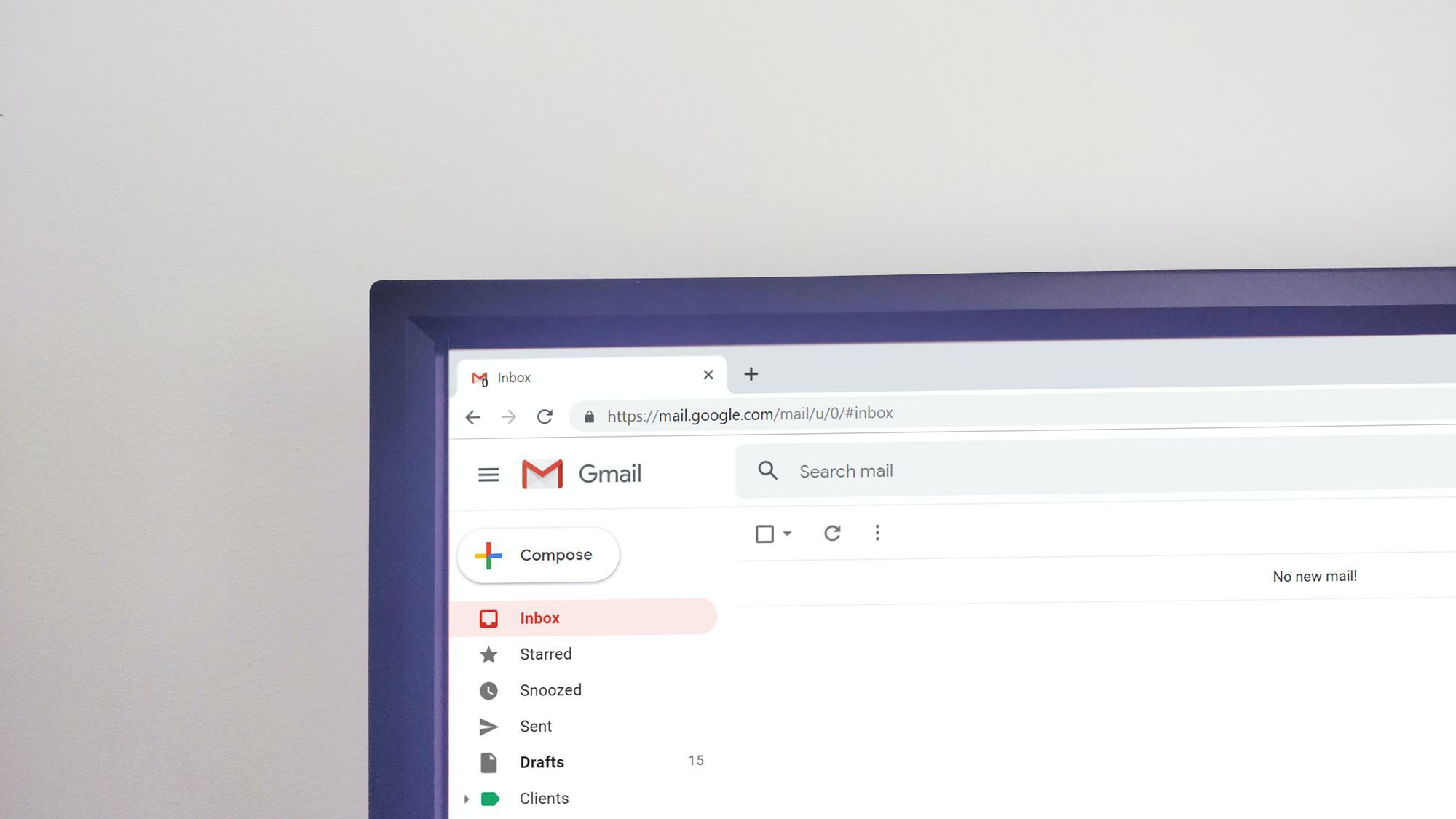In the realm of email marketing, ensuring high email deliverability is essential for the success of your campaigns. However, certain factors can negatively impact your email deliverability, resulting in poor reach and engagement with your audience. In this comprehensive guide, we will unveil the factors that can hurt email deliverability and provide expert insights and solutions to overcome them. By implementing the right strategies and following industry best practices, you can optimize your email campaigns, reduce bounce rates, and maximize your reach and engagement. Let's dive into the world of preserving email deliverability and achieve unparalleled success in your email marketing efforts.
Understanding Email Deliverability and its Importance
Email deliverability refers to the ability of your emails to reach the recipients' inboxes successfully. It is influenced by various factors, including sender reputation, email content, authentication protocols, and recipient engagement. High email deliverability ensures that your messages are seen by your intended audience, maximizing the impact of your email campaigns and driving desired actions.
Factors that Hurt Email Deliverability

To preserve and improve your email deliverability, it's crucial to identify and address the following factors that can hurt your deliverability rates:
2.1 Poor Sender Reputation
A poor sender reputation is one of the most significant factors that can harm your email deliverability. It is influenced by factors such as spam complaints, high bounce rates, and a history of sending to inactive or invalid email addresses. Monitor your sender reputation regularly and take steps to maintain a positive reputation.
2.2 Low Engagement Rates
Low engagement rates, such as low open and click-through rates, can negatively impact your deliverability. ISPs interpret low engagement as a lack of interest from recipients, leading to emails being routed to spam folders. Focus on crafting compelling content that resonates with your audience and encourages active engagement.
2.3 High Bounce Rates
High bounce rates occur when your emails are not successfully delivered to the recipients' mail servers. Bounces can be classified as either hard bounces (permanent delivery failures) or soft bounces (temporary delivery failures). Regularly clean your email list, remove invalid addresses, and address any technical issues that may contribute to high bounce rates.
2.4 Spam Complaints
Spam complaints occur when recipients mark your emails as spam or junk. A high volume of spam complaints can severely damage your sender reputation and deliverability rates. Avoid practices that may trigger spam complaints, such as sending unsolicited emails or using misleading subject lines. Ensure that your email content provides value and meets the expectations of your recipients.
2.5 Inaccurate or Outdated Subscriber Data
Maintaining accurate and up-to-date subscriber data is crucial for email deliverability. Inaccurate or outdated email addresses can lead to high bounce rates and impact your reputation. Implement processes to verify subscriber data during the opt-in process and regularly clean your email list to remove invalid or inactive addresses.

Expert Insights for Preserving Email Deliverability

3.1 Focus on List Hygiene
Maintain a clean and engaged email list by regularly reviewing and cleaning your subscriber data. Remove invalid or inactive email addresses, implement double opt-in processes, and provide easy ways for subscribers to update their information or unsubscribe.
3.2 Implement Authentication Protocols
Utilize email authentication protocols such as SPF (Sender Policy Framework), DKIM (DomainKeys Identified Mail), and DMARC (Domain-based Message Authentication, Reporting, and Conformance) to verify the authenticity of your emails. Authentication protocols enhance your deliverability rates and help build trust with ISPs.
3.3 Personalize and Segment Your Emails
Personalize your email content and segment your email list based on specific criteria, such as demographics, interests, or past engagement. By sending targeted and relevant emails, you increase the likelihood of engagement and reduce the chances of your emails being marked as spam.
3.4 Monitor and Analyze Email Metrics
Regularly monitor key email metrics, such as open rates, click-through rates, bounce rates, and spam complaints. Analyze the data to identify trends and areas for improvement in your email campaigns. Use this information to optimize your strategies and enhance deliverability.
Frequently Asked Questions (FAQs)
4.1 How can I monitor and improve my sender reputation?
To monitor your sender reputation, utilize reputable sender reputation monitoring services or tools. Monitor bounce rates, spam complaints, and engagement metrics. To improve your sender reputation, focus on following email best practices, avoiding spamming activities, and consistently providing value to your recipients.
4.2 What are some effective strategies to reduce bounce rates?
To reduce bounce rates, regularly clean your email list by removing invalid or inactive email addresses. Implement double opt-in processes to verify the accuracy of subscriber data during the opt-in stage. Monitor bounce notifications and address any technical issues that may contribute to bounces.
4.3 How can I handle spam complaints effectively?
To handle spam complaints effectively, ensure that your email content is relevant, valuable, and aligns with recipients' expectations. Provide clear unsubscribe options in your emails and honor unsubscribe requests promptly. Monitor feedback loops provided by ISPs to identify and address any potential issues leading to spam complaints.
In conclusion, preserving high email deliverability rates is crucial for the success of your email marketing campaigns. By understanding the factors that can hurt deliverability and implementing the expert insights and solutions provided in this comprehensive guide, you can optimize your email campaigns, reduce bounce rates, and maximize your reach and engagement. Embrace the power of preserving email deliverability and achieve unparalleled success in your email marketing efforts!

